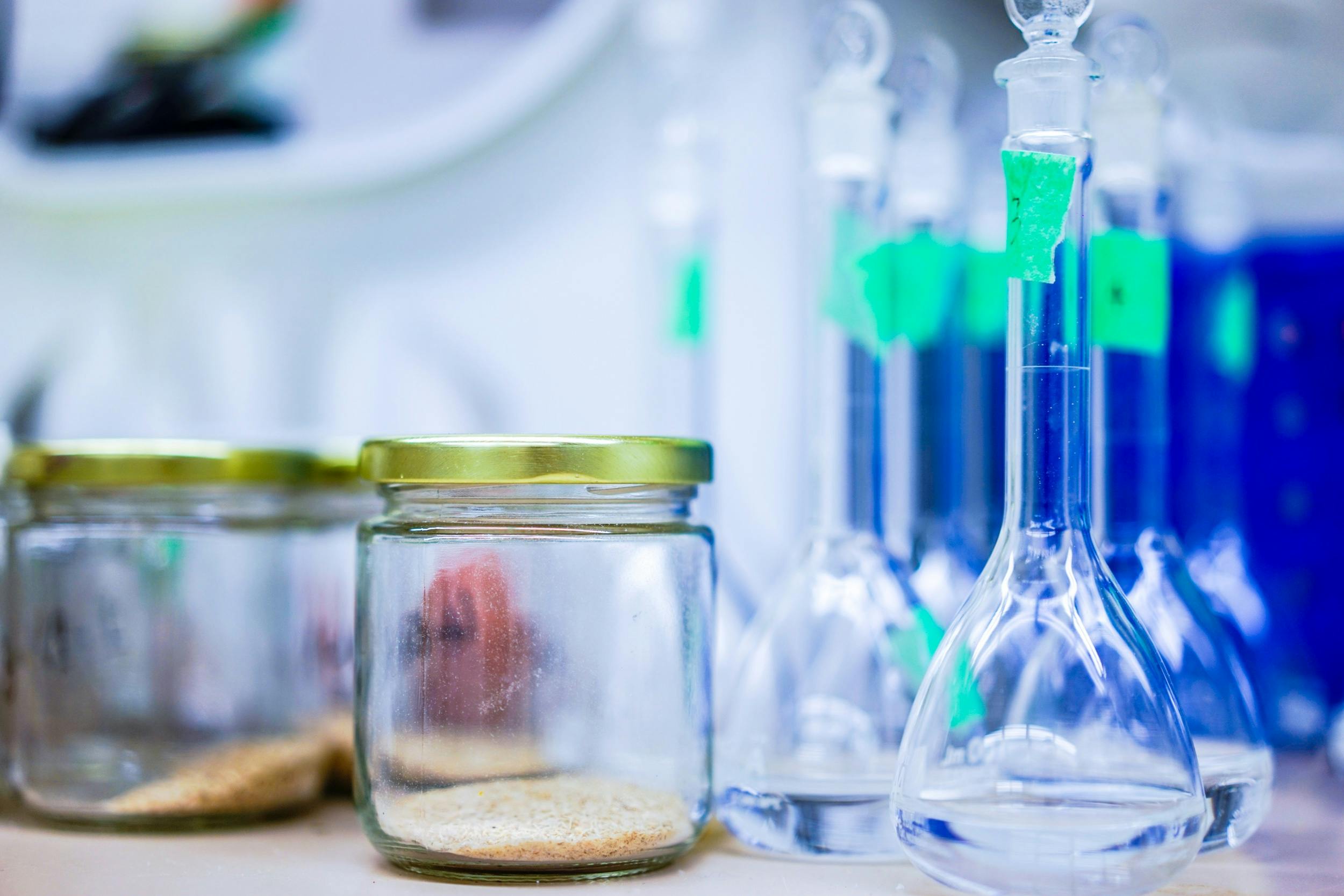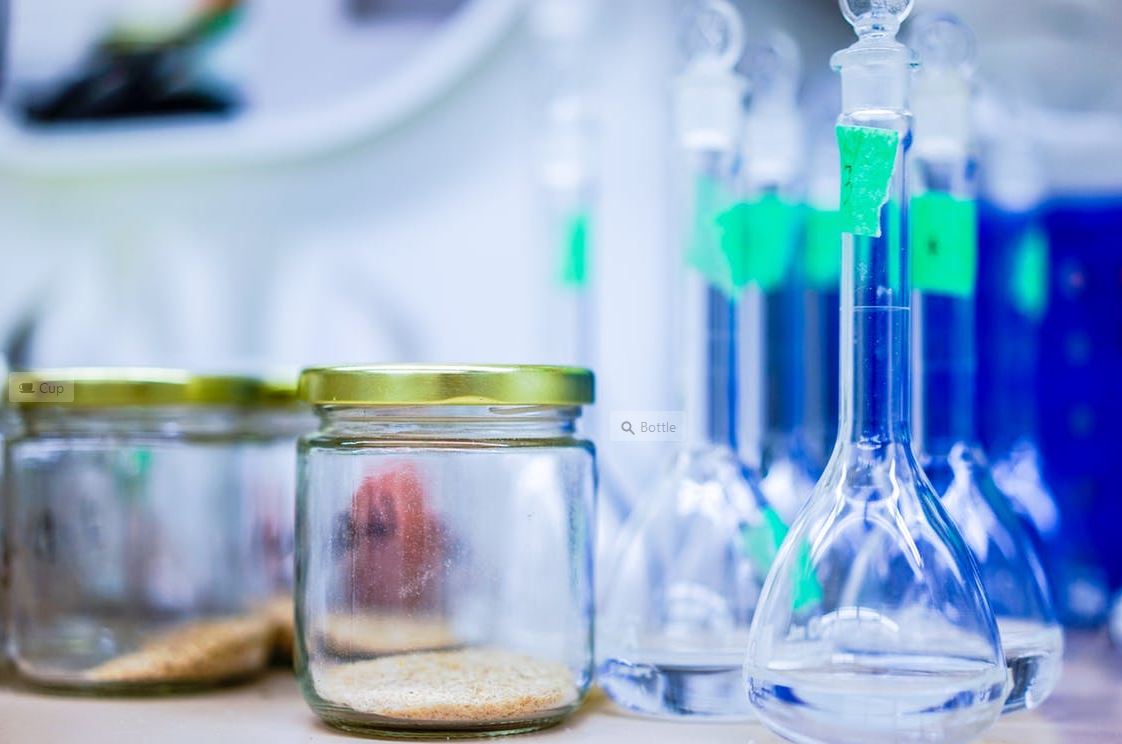
Image Source: pixabay.com
Medical research labs have begun to use an ever increasing number of robotic automation. Industrialization of biology has started to really take off with the ability of labs to program robots to work for long hours to perform tasks that they need done in the lab. The use of robots in lab work has additionally contributed to low error rates.
Industrialization of Biology
Industrialization of biology is an inevitable move according to Clifford Baron, who is the director of marketing for global services at Applied Biosystems. This decision of industrializing any field allows for efficiency, the ability for 24/7 work, and better precision.
Robotic Production
In a lab without robotic automation it takes far more lab workers or scientists to handle an experiment. Robotic automation assists with handling samples, experiments, and the analysis of lab experiment results. Some companies, like Hudson Robotics, know that most scientific research labs have begun to replace most basic daily lab routine work with automated systems to make it more efficient. Additionally, some labs have begun to increase the production of their work by replacing scientists or lab techs with fully functional robots who can work day and night on certain experiments that is not humanly possible for a scientist to handle. The amount of research and medical formulas that robots produce is also far higher than what scientists can produce on their own.
Time
Robotic automation makes everything go smoother and quicker in a lab. This is because robots do not require resting time. They can function endlessly so long as they have a power source and the right programming. This allows for experiments to be more timely and performed faster. Daily lab work is also more effective for time constraints of the day with the assistance of robots.
Low Error with Automation
Robotic systems are run on programmable software. Each task in the lab performed by a robot is repetitive. Robots do the same task over and over again with very little difference. This results in very low error rates while tasks are performed within the lab. Lab work and experiments require exact or close to exact measurements, readings, and analysis of results for the work to be accurate. Science requires low error results, which is mainly why robotic systems have begun to be implemented so often now within labs.
Medical research labs will only continue to become more and more automated in the future. Scientists in medical research labs use robotic automation for help with production, time, and to avoid errors. These benefits from robotic systems make everything run smoother for medical research scientists and therefore makes it more possible to find new medical discoveries.
Emma Sturgis
Recent Posts
- Castor Oil For Better Hair Growth: Is It Myth Or Fact?
- Exploring the Differences Between Sermorelin, Ipamorelin, Ibutamoren, GHRP2, and GHRP6: Understanding Their Role in Human Growth Hormone Regulation
- Unraveling the Mystery: Understanding the Causes and Prognosis of Ventricular Tachycardia Without Apparent Heart Disease
- Understanding Grandparents’ Rights in Oklahoma: Navigating Visitation and Legal Protections
- 10 Reasons to Consider Hypnotherapy for Your Health

